Interior designers vs. decorators – what's the difference, and who does what?
An industry expert breaks down the distinctions between the two professions – this is who to hire when, and everything else you should know
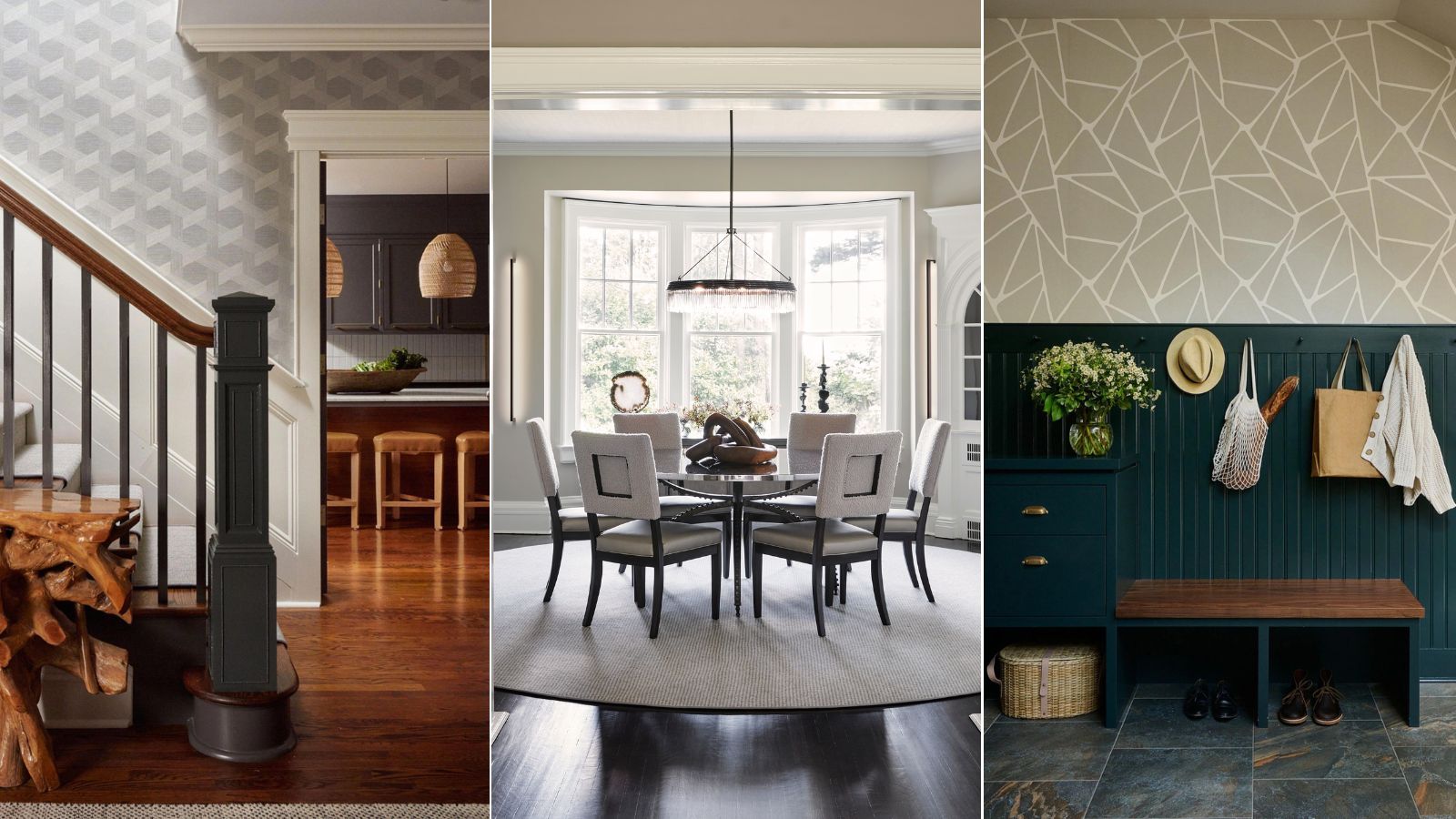

Navigating the world of interior design for the first time can feel quite overwhelming. Although there's a wide array of professionals available to make the job more manageable, not knowing the difference between contractors, architects, interior designers, and decorators can bring the process to a screeching halt – often before it's even begun.
If your home is already built, or if you've successfully completed an addition or remodel, but don't have the design scheme finalized, you've likely narrowed down your search to interior designers and decorators. But what exactly is the difference between a decorator and a designer? Will you need to hire both? Are some home design projects better suited to one than the other? Is there a significant difference in price? What are some questions to ask before hiring an expert?
To demystify the subtle differences between the two professions, H&G sat down with Sandra Funk, CEO and creative director of House of Funk. Alongside running her design firm, which offers in-person and online services from Tennessee, she leads The Interior Design Standard, a training program for interior designers looking to kickstart their business.
Here, Sandra offers a slice of her in-depth industry knowledge, answering all your burning questions about who to hire and when. Here's everything you need to know.
What is the difference between an interior designer and a decorator?
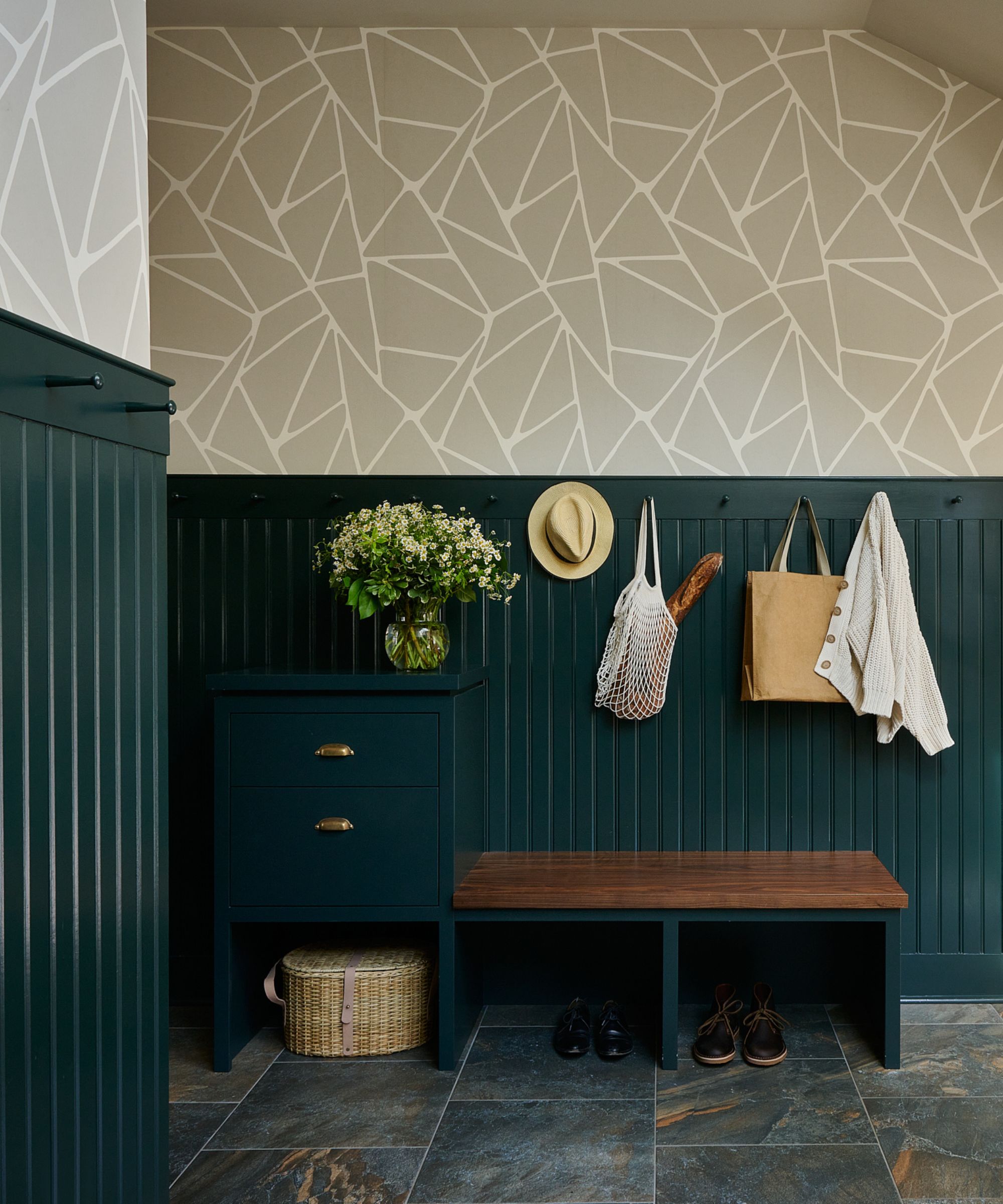
Sandra tells H&G that in many ways, the distinctions between interior designers and decorators depend on where you reside. In the United States, different states have different requirements for interior designers – in certain areas, you'll need a university degree and/or a license to call yourself an interior designer, while in others, there are no formal requirements.
'Therefore you can call yourself whatever you want and explain to clients what level of scope you take on,' explains Sandra. (An interior designer can choose to obtain a certification, thereby earning the title of 'registered interior designer,' but with a few exceptions, that is not a requirement.)
Sandra works in a state without requirements, so takes on the title of interior designer even though she has a degree in finance. She worked in business consulting before taking interior design night courses at Parsons, and falling in love with the profession. 'I then worked in many areas of the industry from trade showrooms to retail to interior design firms and finally went out on my own,' she explains.
Design expertise in your inbox – from inspiring decorating ideas and beautiful celebrity homes to practical gardening advice and shopping round-ups.
When it comes to the difference between working with a designer and decorator, there is a bit of gray area. Who does what and how often depends in part on who you ask. But Sandra shares that in her experience, 'designers just call themselves designers. They don't specify interior designer or decorator, so a conversation into what they take on is necessary.'
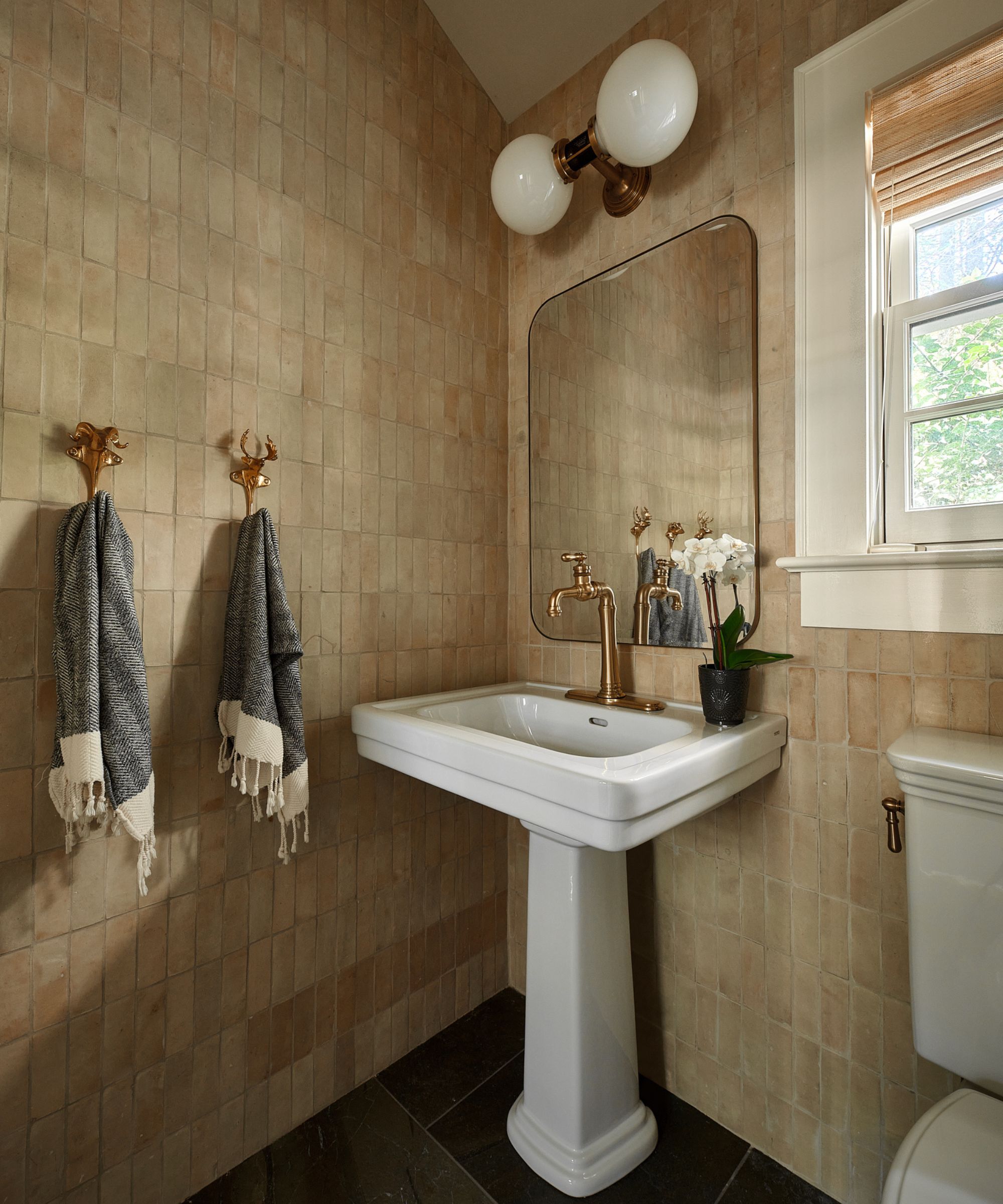
'If you were getting this information from someone who was a pure decorator and didn’t take on kitchen renovations, bathroom renovations, built from scratch, etc., that would be one perspective,' says Sandra. 'If you were getting this information from someone who had a design degree, perhaps even a master's degree, and had their [National Council for Interior Design Qualification certification], that would be a completely different perspective.'
'From my perspective, an interior designer is someone who looks at the space holistically and is willing to get involved in every aspect of transforming that space – from building from scratch to renovations and all the way down to the jobs that only require furnishings,' says Sandra. On the other hand, 'a decorator would likely not get involved in renovating or changing the structure of the space,' she says.
'That is the distinction in my mind when it comes to the two, but I will say that I don’t come across many designers calling themselves a decorator, even if they tend to specialize in more of the furnishings rather than renovations or builds,' Sandra continues.
What is it like to work with an interior designer? What about a decorator?
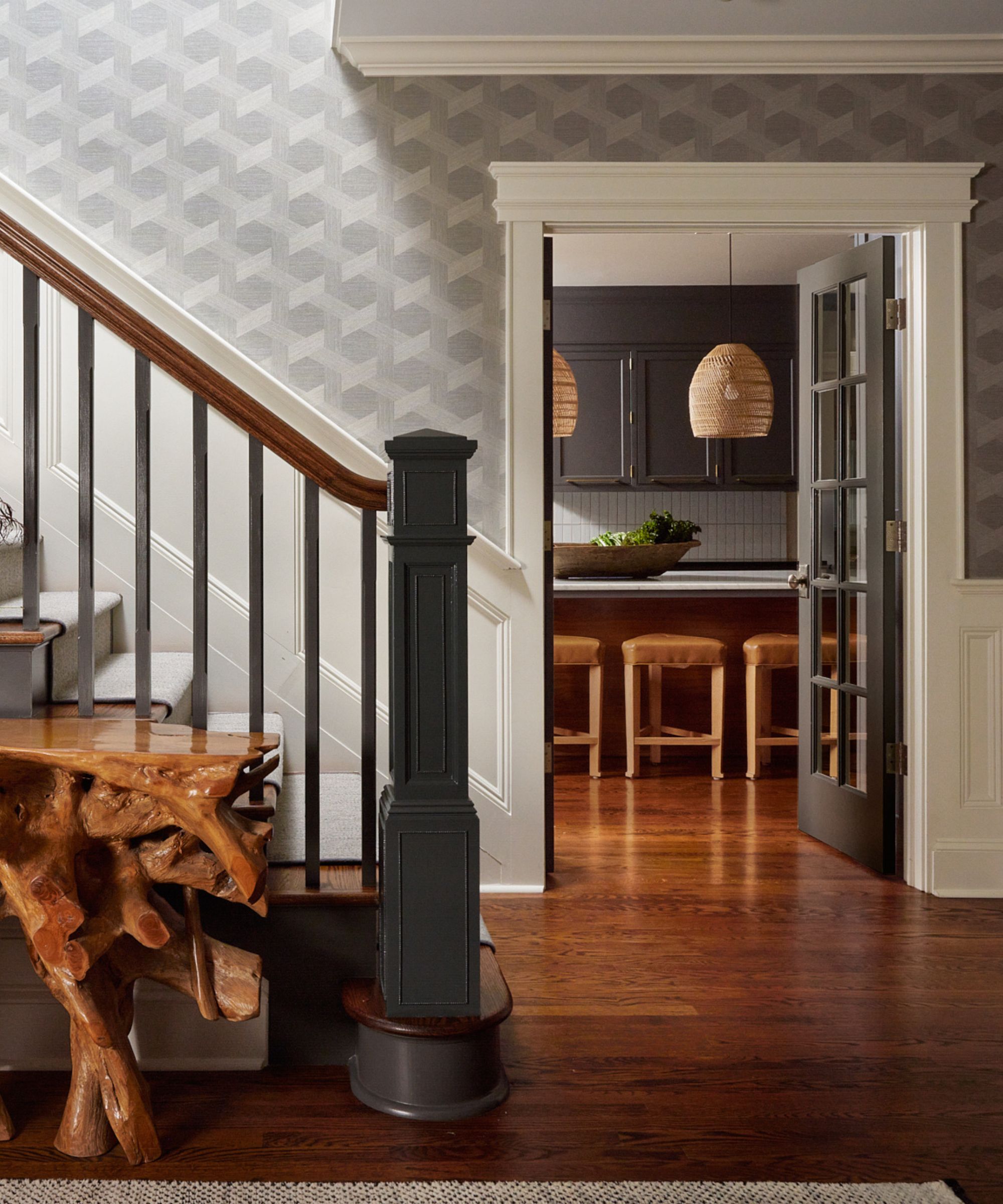
While interior designers and decorators go by different titles, the services you can expect from each don't differ too much. Sandra says that ultimately, the design process is 'very similar.' Interior designers who work alongside architects, builders, and contractors are the exception, as the design process will likely be longer and more in depth.
'For instance, if you’re doing a furnishings-only project, which would be called decorating, you're still doing the same design process,' says Sandra. 'You’re starting with the potential client process and then you’re doing the client intake, then you’re doing a conceptual design, moving on to detailed design, going into purchasing, and then following up with execution. Lastly, you are revealing and photographing the job. So the process is quite the same.'
'In an interior design project, you would have a longer design phase because you’d be doing the structure, layers of lighting, perhaps detailed elevations for millwork, plumbing, tile, etc. and you’re also going to have a longer execution because you’re going to be overseeing a renovation or a build as well as the execution of the furnishings,' she continues.
Should you hire an interior designer or a decorator?
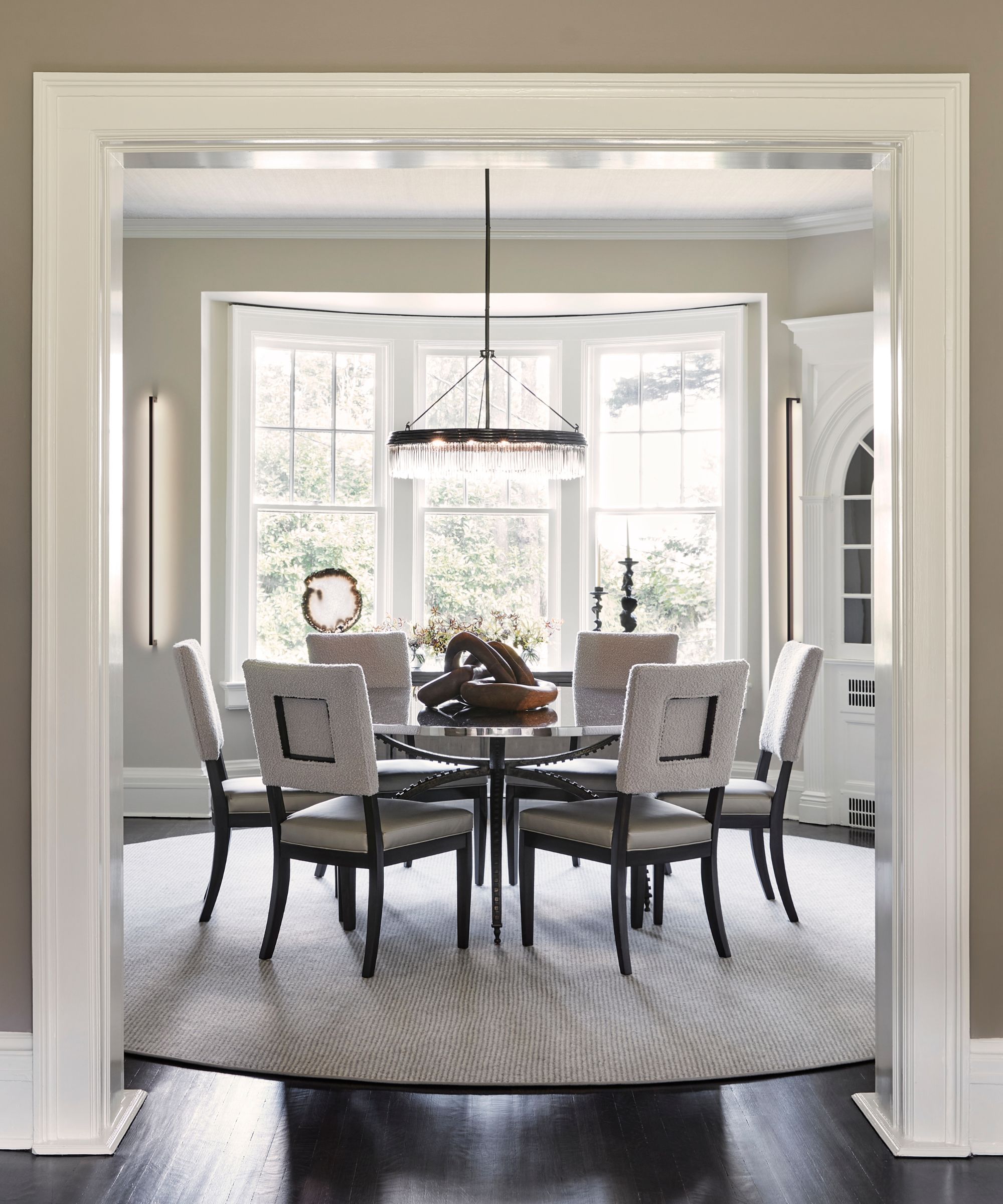
If you're not embarking on a renovation or rebuild at all, and simply want to update your home's furnishings, Sandra suggests hiring a decorator. These professionals will help you finesse the furniture and decor, honing the design scheme and every finishing touch. If you're looking for a bit more guidance, or help with a large project (like a new build or gut renovation), hiring an interior designer might be a better route.
'You would hire an interior designer when you’re doing a project that requires a holistic approach, changing the structure of the home, a build from scratch, renovation or a design project where you want to go deeper than just replacing the furnishings... you’re also looking at lighting, tile, built-ins, potentially changing the structure of the room, moving a wall, changing the flow of traffic, etc.,' says Sandra.
Does it cost more to hire an interior designer?
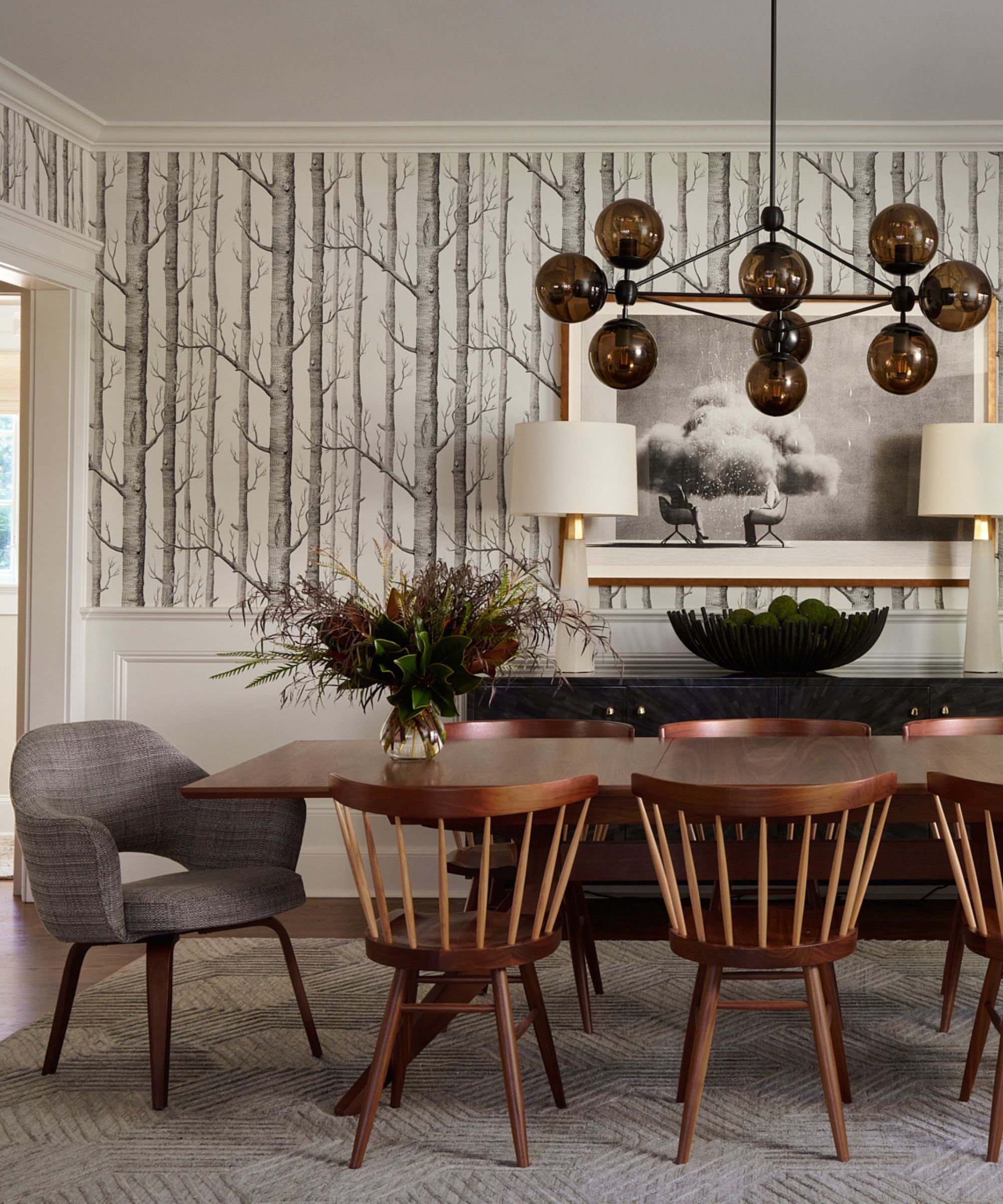
'The cost of hiring an interior designer or decorator varies based on factors such as project scope, experience and geographic location. Generally, interior designers tend to charge higher rates due to the broader range of services they offer,' says Sandra.
It's nearly impossible to know how expensive a design project will be without speaking to prospective interior designers and/or decorators first. Each professional calculates costs differently, and has different rates for different services. Before hiring anyone, speak to a few experts and see what makes the most sense for your home and your budget.
What's expected of you?
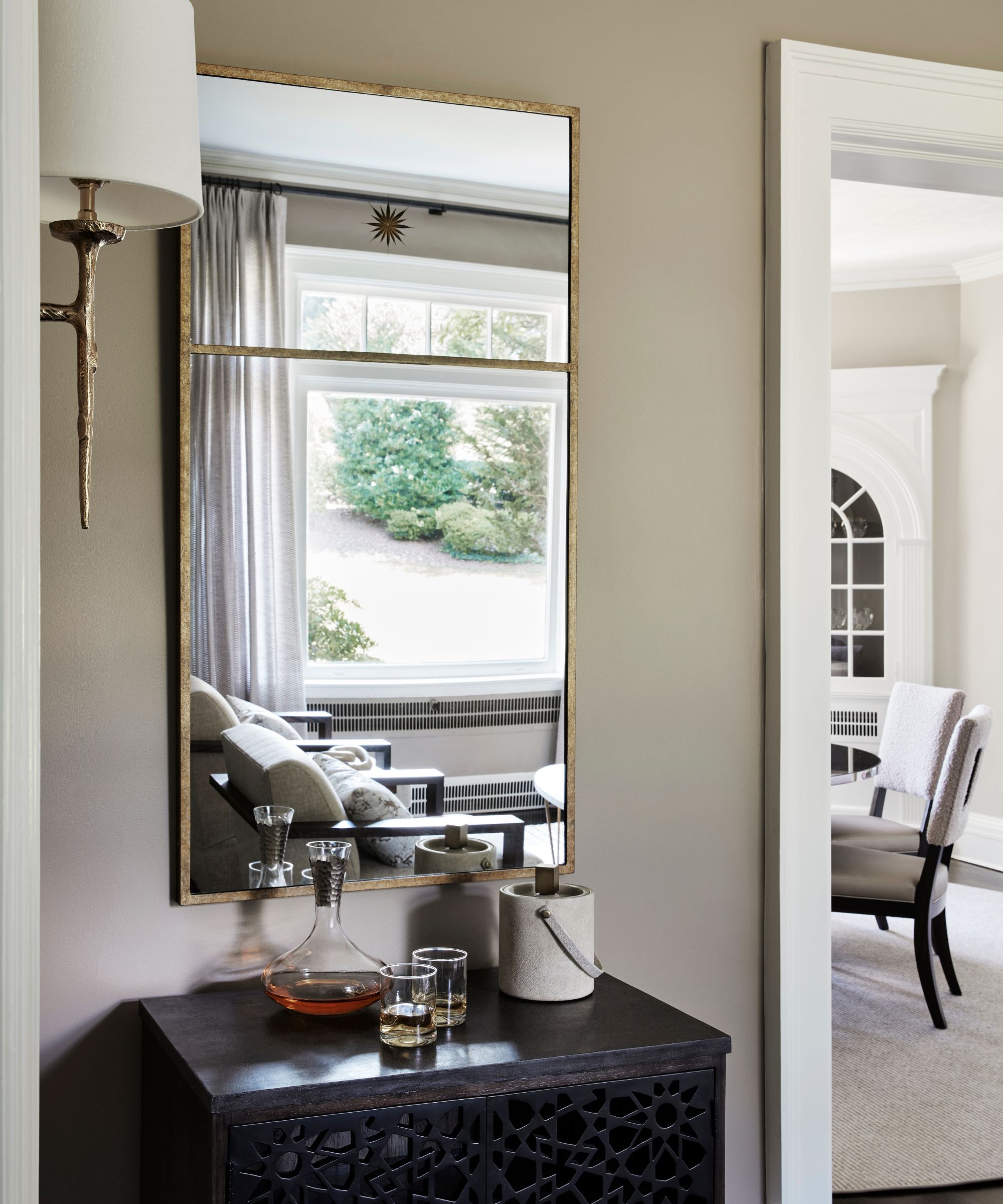
When considering the differences between these two experts, you may be wondering how your involvement in a project will differ depending on who you hire. Will you need to spend more time with an interior designer or a decorator? How should you involve yourself in a project, depending on who you've brought on? The short answer? It depends.
'Ultimately, the interior designer and decorator should be seen as experts from a client perspective,' answers Sandra. 'The level of client involvement should be determined by the designer or decorator based on the boundaries and expectations that they set up from the very beginning of the working relationship.'
Hiring an interior designer or decorator to help with your home is a big decision, and shouldn't be taken lightly. That's why understanding the difference between the two is key. Now, with Sandra's guidance, you'll be better equipped to embark on a project of any shape and size – hopefully, with a qualified expert by your side.

Abby was the Interior Design News Editor at Homes & Gardens and is now studying for her Master's degree in Journalism at City University, London. Prior to joining our team, she worked with Better Homes & Gardens, where she wrote and edited content about home decor, gardening tips, food news, and more. She studied Journalism and English Literature at New York University and moved to London to pursue her love of writing in 2023.